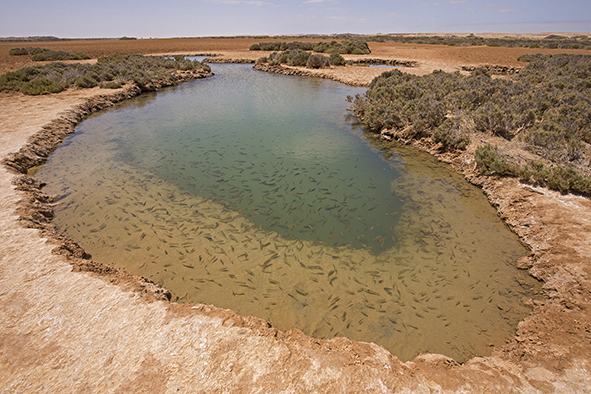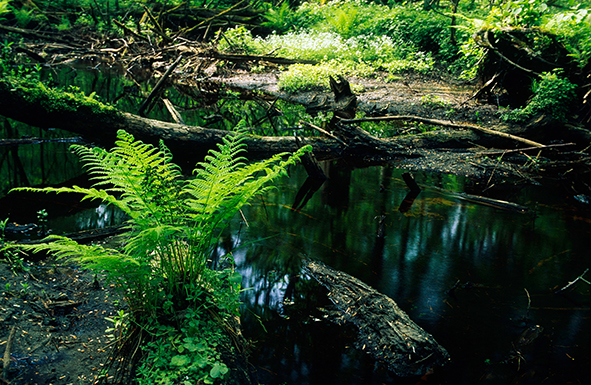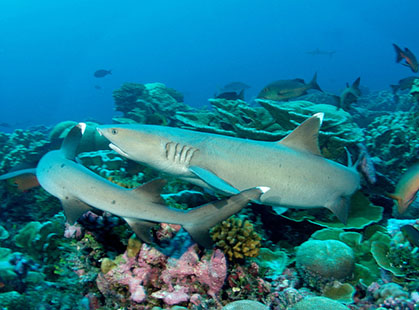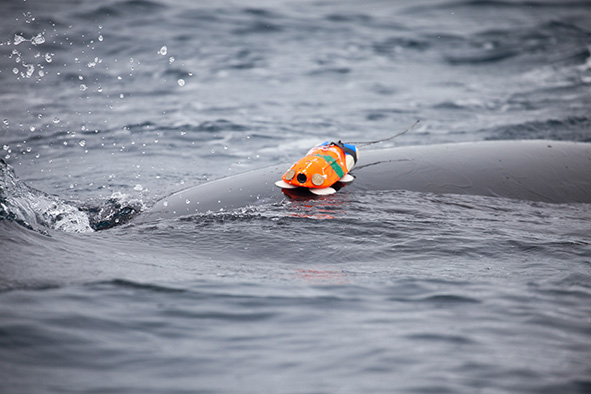The WWF is run at a local level by the following offices...
- WWF Global
- Adria
- Argentina
- Armenia
- AsiaPacific
- Australia
- Austria
- Azerbaijan
- Belgium
- Bhutan
- Bolivia
- Borneo
- Brazil
- Bulgaria
- Cambodia
- Cameroon
- Canada
- Caucasus
- Central African Republic
- Central America
- Chile
- China
- Colombia
- Croatia
- Democratic Republic of the Congo
- Denmark
- Ecuador
- European Policy Office
- Finland
CONSERVATION PULSE
FEBRUARY 2018

Saving the Cerrado, Brazil’s vital savanna
Inspired by the Cerrado Manifesto jointly developed by WWF and Greenpeace, 61 of the world’s largest food companies have committed to working to halt the loss of nature in Brazil’s Cerrado, which could save the annual release of 250 million tonnes of carbon dioxide. This has been continuing rapidly in the Cerrado as beef and soy production expands and infrastructure is built. But research has shown that further development is unnecessary, as some 39 million hectares that have already been cleared could be used to produce soy, while raising cattle more efficiently could meet future demand for meat without losing another tree. Converting more of the Cerrado, home to 5 per cent of the planet’s biodiversity including jaguars, giant anteaters, maned wolves, anacondas and armadillos, would lead to the extinction of up to 480 plant species, decrease water flows, reduce rainfall and contribute to more frequent fires.

Two new protected wetlands in Morocco
On World Wetlands Day (2 February), the Moroccan Water and Forest Department (HCEFLCD) announced that two sites have been recognized under the Ramsar Convention, which helps protect internationally important wetlands. Merja de Fouwarate is a shallow swamp, believed to be a remnant of a wetland complex that once covered the Gharb plain of northwestern Morocco; Sebkhat Imlili is a relic of an old Sahara aquatic system, bearing witness to a time when the south of Morocco was tropical. The classifications are the result of collaboration between WWF, the HCEFLCD, BirdLife Affiliate GREPOM and the Scientific Institute of Rabat. This is major result for WWF-North Africa, which signed an agreement with the HCEFLCD just a year ago to support the designation of 15 new Ramsar sites in 2018.

Logging in Białowieża Forest declared illegal
The Advocate General of the Court of Justice of the European Union has issued an opinion in which he confirms that it is unlawful to increase logging in Poland’s Białowieża Forest. Welcoming this, WWF’s Head of Campaigns Aslihan Tumer explained: “Białowieża Forest is one of Europe’s most precious places. By increasing logging, the Polish government has shown contempt for its UNESCO World Heritage status and the voices of Polish citizens calling for its protection.” In 2017, almost 190,000 cubic metres of wood were cut, four times more than the intended average annual limit and the highest for 30 years. WWF, together with a coalition of NGOs, is calling on Polish Minister Henryk Kowalczyk to immediately cancel permits for the increased timber production and to work to protect the forest for future generations. The final judgement from the Court of Justice is due soon.

Education initiative in Salonga National Park
UNESCO and UN Environment agree – education is an essential element of environmentally sustainable development. To preserve Salonga National Park, the largest in Africa and the second largest tropical forest park in the world, the park is developing an ambitious environmental education and awareness-raising programme. Pupils and teachers learn about the importance of the environment, ecological cycles, and the basic concepts of climate change – together with the need for adaptation and mitigation, environmental management and the importance of natural resources. To date, 2,500 schoolchildren, as well as 148 teachers from 12 local schools, have participated in the programme, which aims to raise awareness and encourage public participation in the preservation of Salonga, for which WWF and Institut Congolais pour la Conservation de la Nature signed a 3-year co-management agreement in 2015.

Singapore-based brands to phase out shark fin
In response to WWF’s call to action, 89 Singapore-based food and beverage establishments have committed to phasing out shark fin in 2018. The list includes restaurant chain Crystal Jade, the delivery platform Foodpanda and Pan Pacific Hotel Group, which is applying its commitment across its global properties. Last year, a WWF and Traffic report identified Singapore as the world’s second largest shark fin trader by value, with imports standing at USD 65 million and exports at USD 50.4 million. Sharks are crucially important to the health of the world’s oceans. They only breed slowly, and the taking of an estimated 100 million each year, mostly for shark’s fin soup, is threatening to wipe them out. Around the world, WWF is campaigning to stop the catching, trading and consumption of shark fin.

Camera to help minke whale conservation
For the first time, scientists in Antarctica have attached a camera to a minke, providing amazing pictures of where and how it feeds. WWF’s Chris Johnson, part of the research team, shared the magic of the moment: “The animal just kept hanging around the boat, rolling over on its side, as fascinated by us as we were by him.” Sea ice is important to minkes for feeding and as a place to hide from killer whales. But because of climate change, Antarctic Peninsula sea ice now advances two months later and retreats more than one month earlier, reducing minkes’ feeding days. “The tags,” explains Johnson, “help us understand how baleen whales forage and where their favourite feeding spots are, allowing us to work with the Commission for the Conservation of Antarctic Marine Living Resources (CCAMLR) to keep fishing away from these critical feeding areas.”